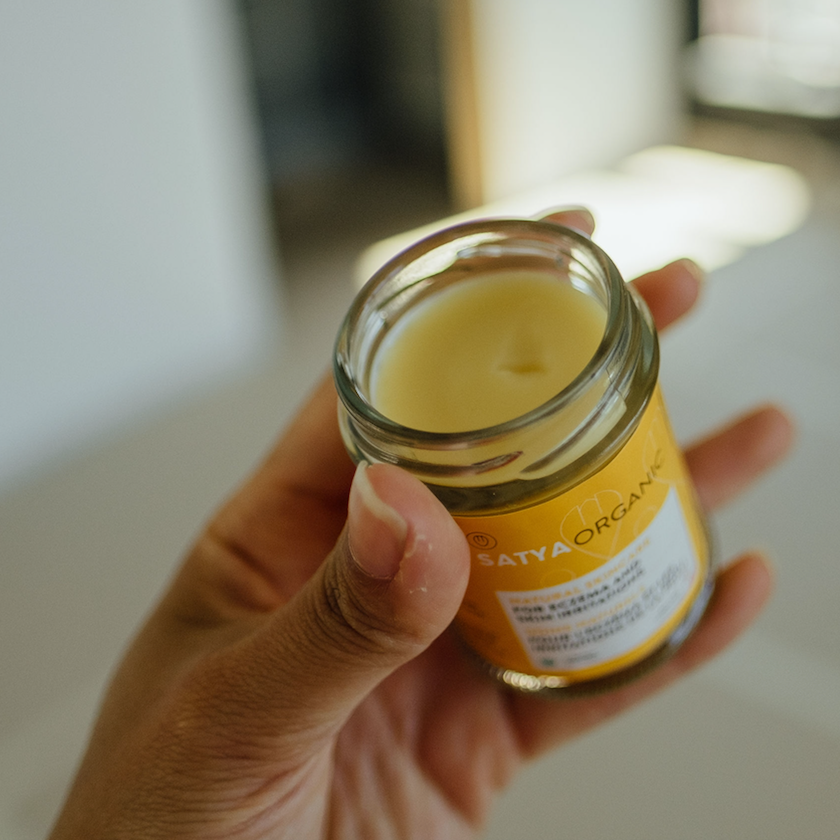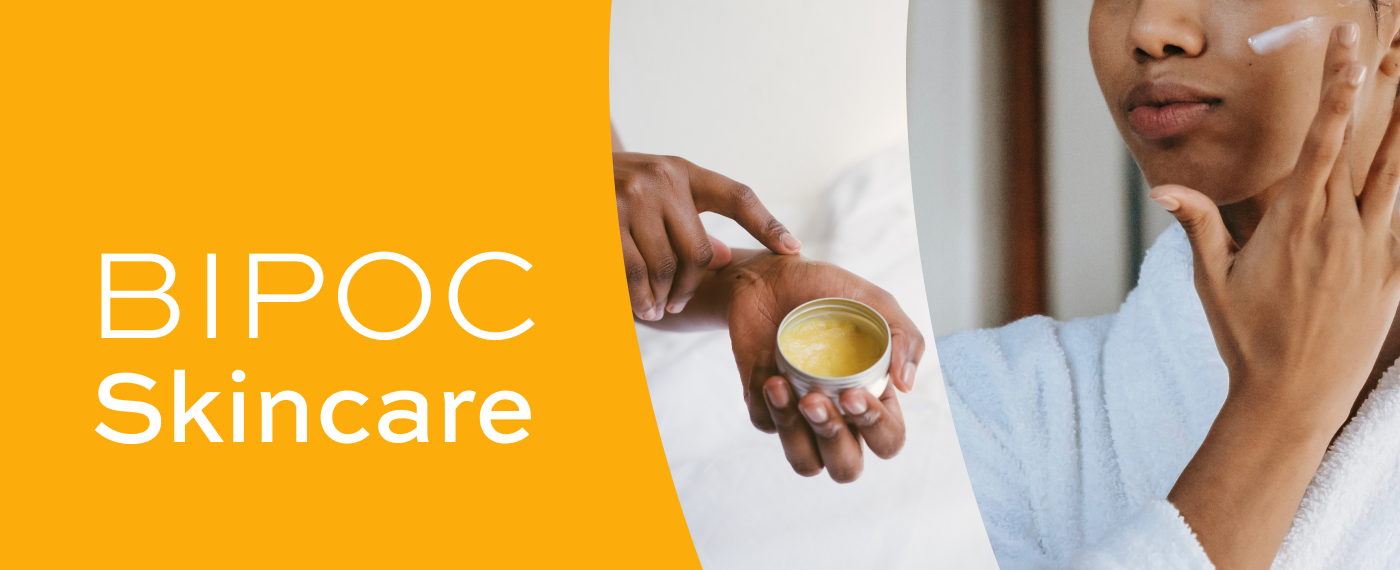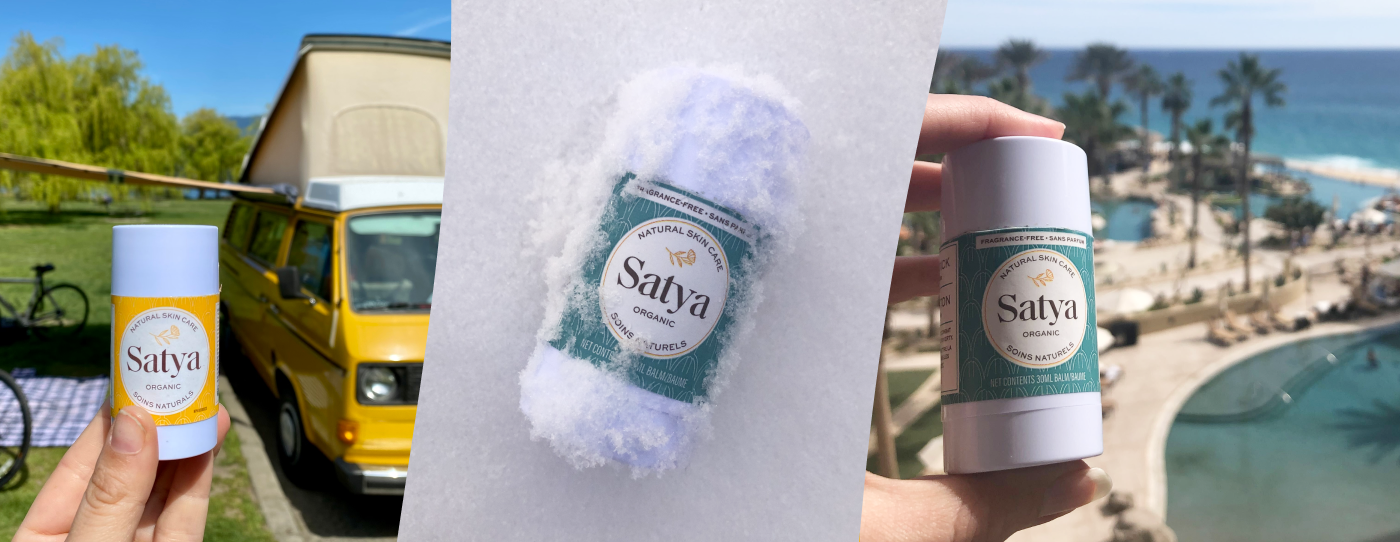We had a chat with Hanifa Anne Sekandi, founder of The Things I Wish I Knew blog to discuss Satya and Indigenizing skincare! Check out the blog below, originally posted on thethingsiwishiknew.com.
GREEN BEAUTY GEMS: SATYA ORGANIC SKIN CARE
I thought it would be great to start the green beauty spotlight feature series with Satya Organic Skincare. In this series, I will showcase green beauty brands and the people behind these amazing brands. I hope they can inspire you to follow your dreams and in the process give back with love and kindness. Green beauty isn’t just about making us look good and feel good, it’s also about the imprint it leaves behind for generations to come. Our first green beauty gems: Satya Organic Skincare is your next favourite green beauty brand. Why green beauty gems? Because they’re a new skincare treasure that everyone needs in their green beauty skin routine.
I hope this series introduces you to new green beauty skincare products. I hope the stories of the people behind each brand adds that personal touch that creates connection and allows you to see that your support is valued.
1. What inspired you to create Satya Organic Skincare?
I was inspired to create Satya because I wanted other moms to know that there’s a clean, natural alternative to steroid creams that actually work! My daughter Esme was only 8 months old when she developed eczema, scratching her delicate skin and crying through the night. There’s no worse feeling than seeing your baby suffer. When the doctor prescribed a potentially harmful steroid cream, I knew there had to be a better way.
After much research on traditional medicines and natural anti-inflammatories, I created a remedy in my kitchen crockpot that cleared her skin in just two days. When I had a leftover product, I offered it up on Mommy Facebook groups and it took off. I knew the demand was there, and I wanted other people to feel the same relief that I did.
2. How did creating this brand transform you?
When I began meeting other women entrepreneurs who were putting people before profits building social ventures, I knew Satya Organic was the mission for me. The SheEO community in particular has played a huge role in sustaining the hard work involved in running a successful values-based business. We lift each other up. I always wanted to change the world and helping people access clean, ethical, and sustainable skincare in a world where skin conditions like eczema are on the rise empowers me to do that. Entrepreneurship also gives me a platform to make the business world more equitable for women, and especially Indigenous women, like when I was interviewed alongside Prime Minister Trudeau.
3. What is something you wish people knew about the experiences of Indigenous women?
I wish more people understood that Indigenous women make excellent entrepreneurs. We’re extremely resourceful and innovative. For many Indigenous women, the concept of circular business is a natural, ingrained cultural perspective, as opposed to hierarchy. Indigenous cultures are all based on a circular way of looking at things. Everyone has value and things to bring to the table. So we’re a lot more accustomed to looking at the larger picture and from all the different aspects. I think more and more people are starting to catch on to that, that the more voices you have, like women, children, elders and two-spirited people, the stronger your businesses. An extension of that is this idea about the environment. The environment is bringing the raw materials to our businesses, so we also have a responsibility to the environment as a partner.
4. I ask every guest on The Things I Wish I Knew this question, What are the things you wish you knew five years ago that you know now? How has this transformed your perspective on the way you see life in the present moment?
I wish I knew that sometimes success presents challenges! When Satya first took off in a big way from our coverage in La Presse, I was caught off guard with demand and the struggle to get people’s product was overwhelming. I think a lot of people look at successful small businesses and think it must be easy, but it’s not. And a lot of that has to do with access to affordable financing.
by Hanifa Anne Sekandi



